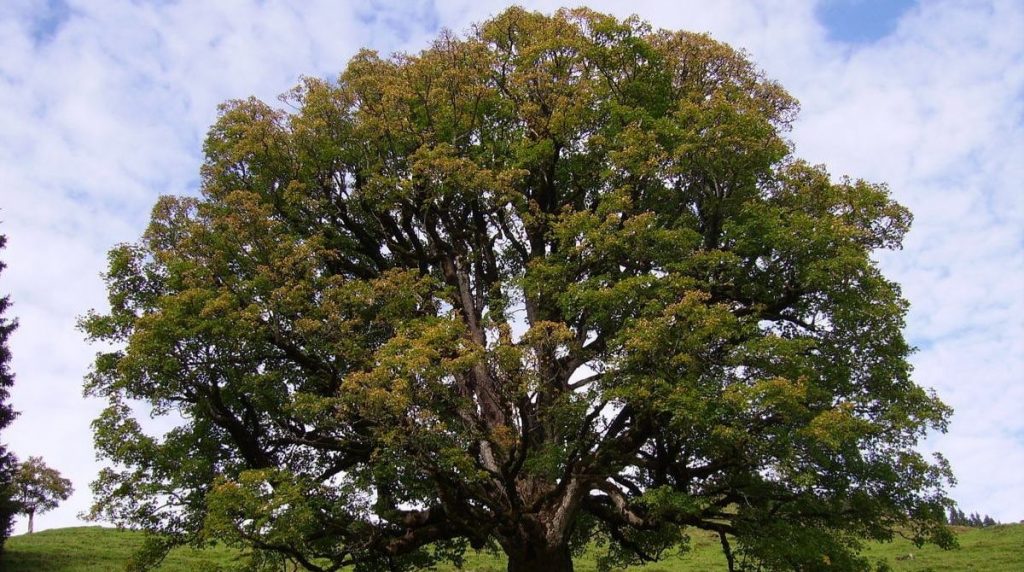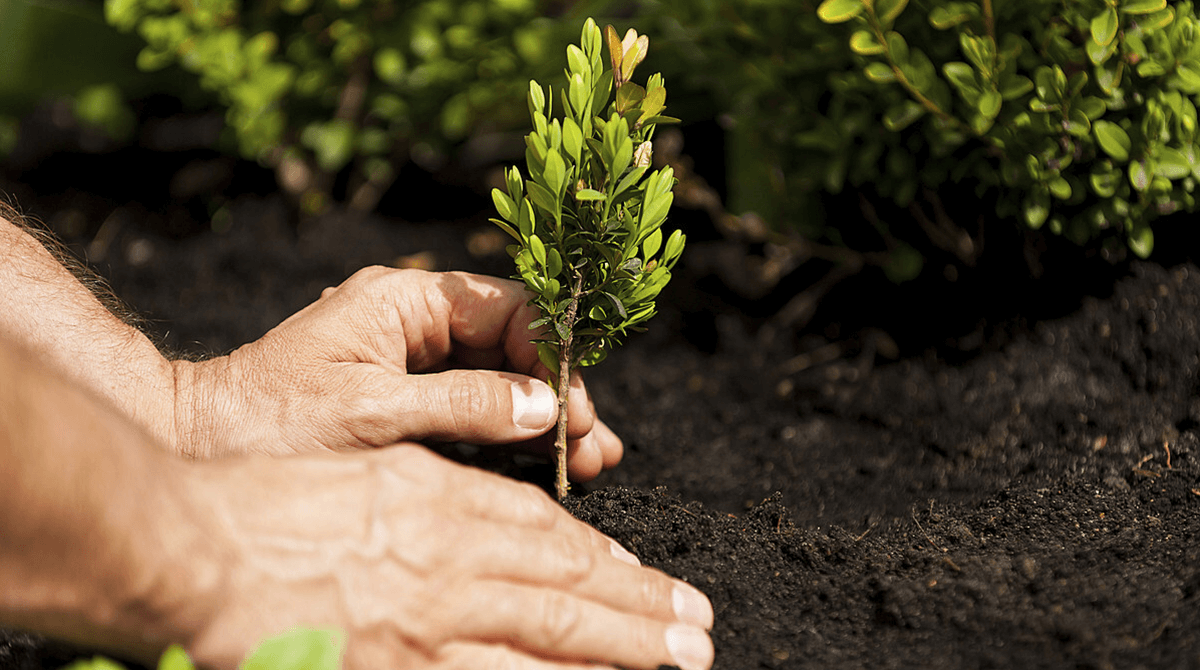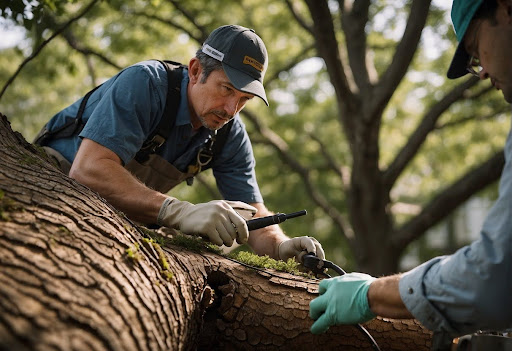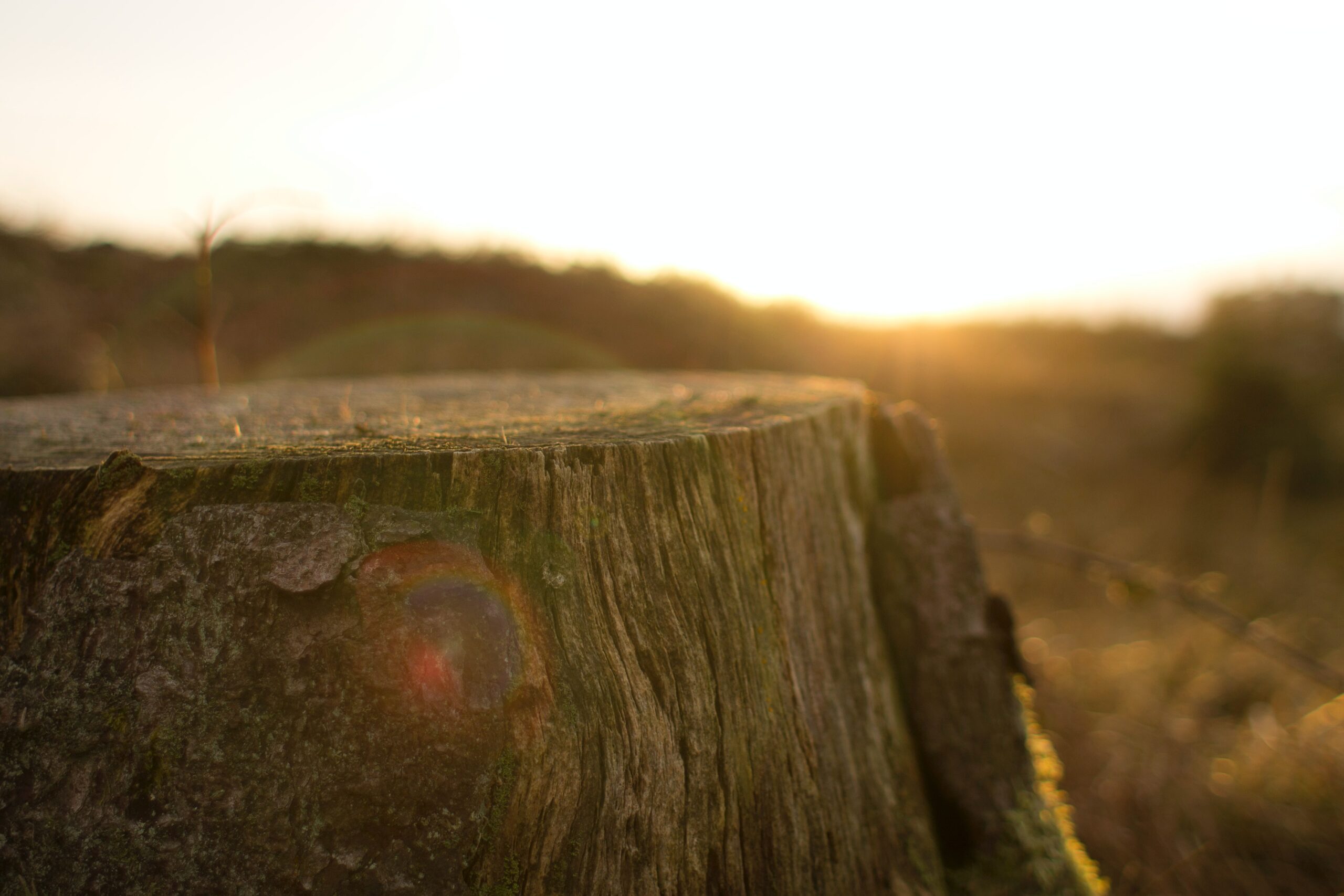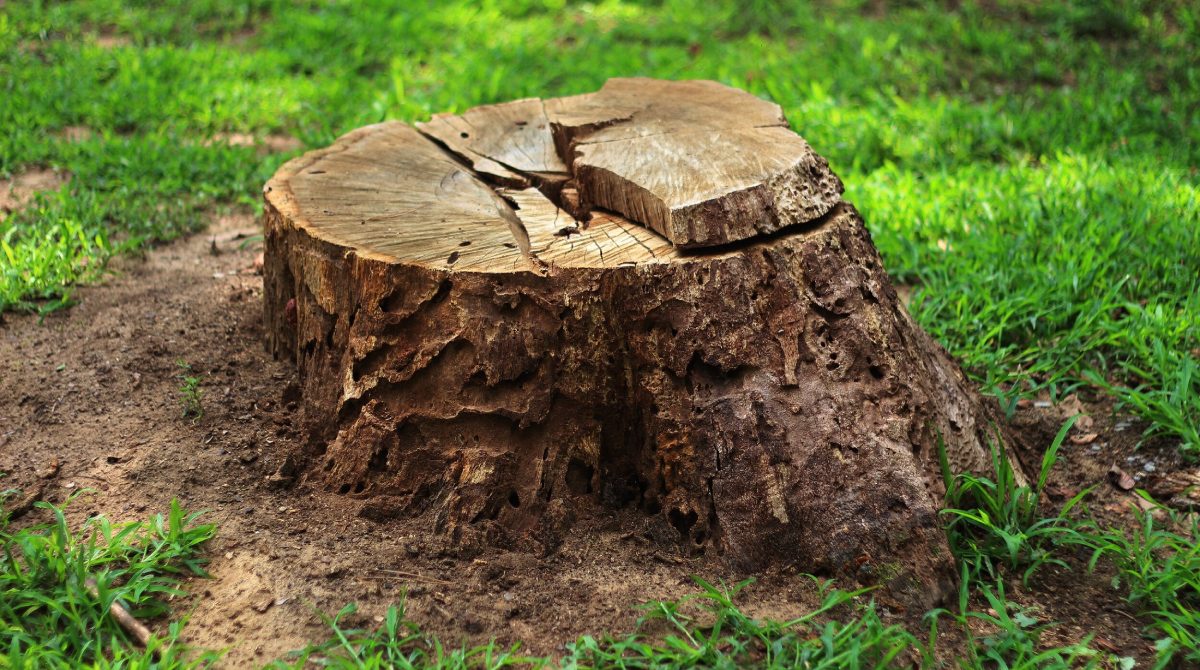
Can a Tree Grow Back After Stump Grinding?
Date August 17, 2022
If you’ve had to get a tree removed, you may be wondering if a tree can regrow itself from the stump. The answer is yes – trees can grow back if the stump is left in place. While stump grinding presents less of a risk of regrowth, the roots are still left in place and can produce sprouts that may eventually grow into a tree. Unless you opt for complete tree stump removal, there is still a small chance the tree will grow back. The likelihood depends on certain conditions relating to the tree species, root system, and soil quality. In this blog post, we’ll examine the basics of stump grinding and its relationship to tree growth.
Stump Grinding 101
Stump grinding is the process of grinding tree stumps below ground level after the tree has been cut down. Professional tree care specialists use a commercial grinder in sweeping motions to reduce the stump until it is recessed a few inches below the ground’s surface. Unlike complete stump removal, stump grinding does not eliminate the tree’s roots. While a new tree cannot regrow itself out of just the roots, the roots can produce sprouts that may eventually grow a tree.
What Happens to Roots After Stump Grinding?
While most root systems will begin to decompose after the stump has been ground, aggressive roots are more likely to produce sprouts. This is because the tree roots are still alive. Trees are resilient, and like all living things, they will try to survive and reproduce.
The chances of regrowth depend on these conditions:
Type of Tree
For most tree species, the roots will decompose. However, aggressive tree species will have a higher chance of producing sprouts. These species include crepe myrtles, willow trees, poplars, elms, maples, oaks, and Chinese Pistache trees. The root systems of these trees spread out horizontally, and due to their aggressive nature, some of them can be considered invasive. They are also more likely to cause problems with nearby pipes and foundations.
Soil Fertility
The quality of the soil also affects the chances of a tree growing back. If the stump is ground down and left in nutrient-rich, undisturbed soil, it will be more likely to sprout. Similarly, roots can grow further down if the soil is loose, presenting a higher possibility of regrowth.
Root System
If the tree was mature, fully established, or one of the species listed above, the chances of the root system producing sprouts increase. This is because the roots are still trying to support the tree. How far down the roots extend also depends on the species. Trees native to Texas, like oaks and maples, can have roots that grow down to depths of 20 feet or more.
How to Prevent Growth of a Tree
If you notice sprouts growing at the site of the ground stump, cut them off at the point where they meet the roots or stump. Do not put the sprouts into compost for later reuse. Persistence in removing the sprouts will eventually cause the roots to become weak and decay.
Herbicides can also weaken and kill the root system. However, this can cause adverse effects on nearby trees.
The most efficient way to take care of this is by hiring a Dallas tree care company. They’ll dig up the area to expose the roots. After the dirt is removed, they will chip away at the roots with a commercial stump grinder. This is the most effective way to prevent tree growth. A significant amount of wood chips will result from the root chipping process, but a tree care specialist can help you use them to put nutrients back into the soil.
For more information on tree root growth, check out our related blogs:
How far Down Do Tree Roots Go?
What Happens to Tree Roots When a Tree is Cut Down?
The best way to eliminate any chance of regrowth is to have it taken care of by a professional tree care company. Our tree care experts have the tools and expertise to effectively, safely, and sustainably remove tree roots while protecting your landscape. Whether you need tree removal, stump grinding services, soil conditioning, or tree nutrition, our tree care experts can provide comprehensive plant health care for DFW trees.
Our ISA Certified Arborists understand the local ecosystem, native tree species, and conditions for tree growth. If you need tree care advice or assistance with persistent sprouts, contact us today and enjoy tailored tree care services.
If you need tree care advice or assistance, contact TreeNewal to enjoy tailored Certified Arborist tree services today.
To learn more about Can a Tree Grow Back After Stump Grinding?, call our Argyle and Southlake-based teams
at (817) 592-6846 or send us a message.
We’re a little different than the average tree services company.
Learn more about TreeNewal’s ISA Certified Arborists!
Our Dallas/Fort Worth-based tree doctors can explain how sustainable tree care services add more value to your bottom line.
Healthy trees, healthy lives.
